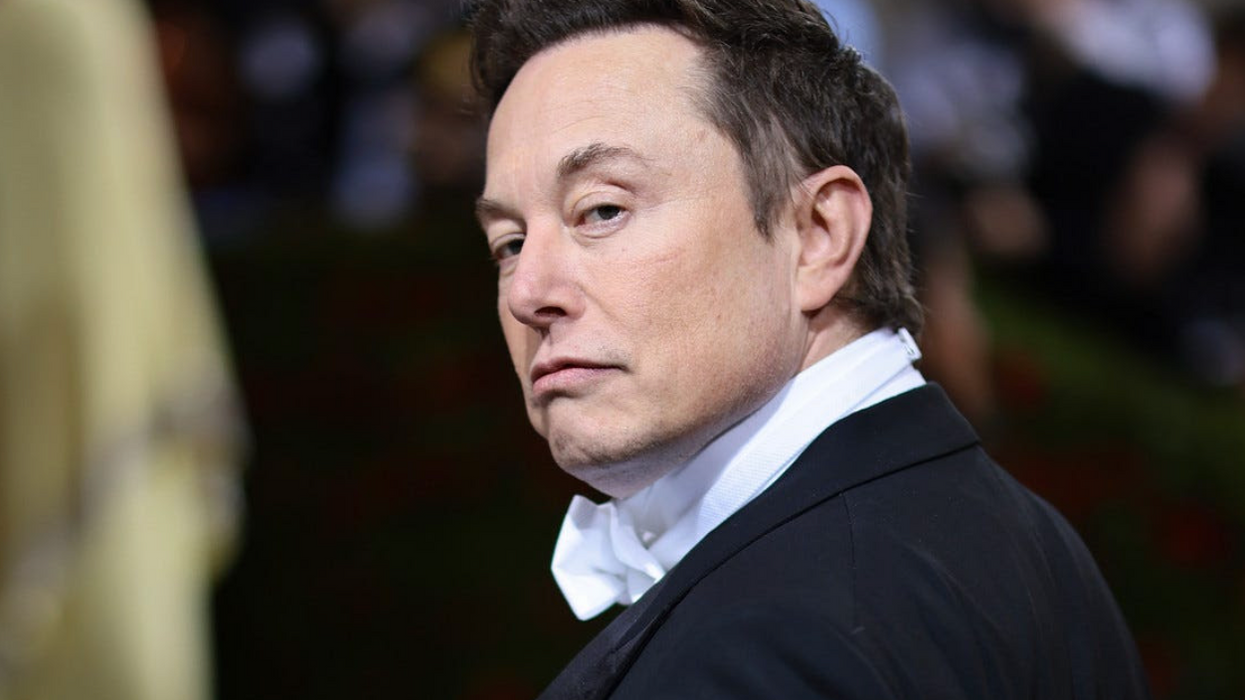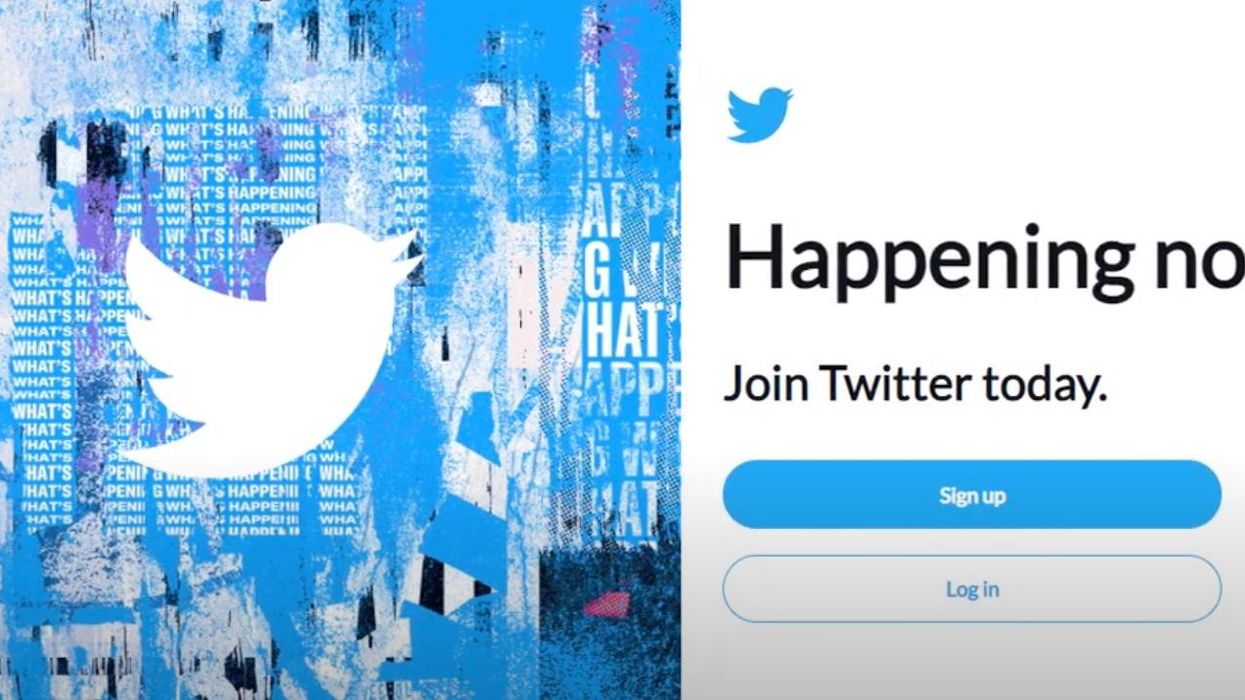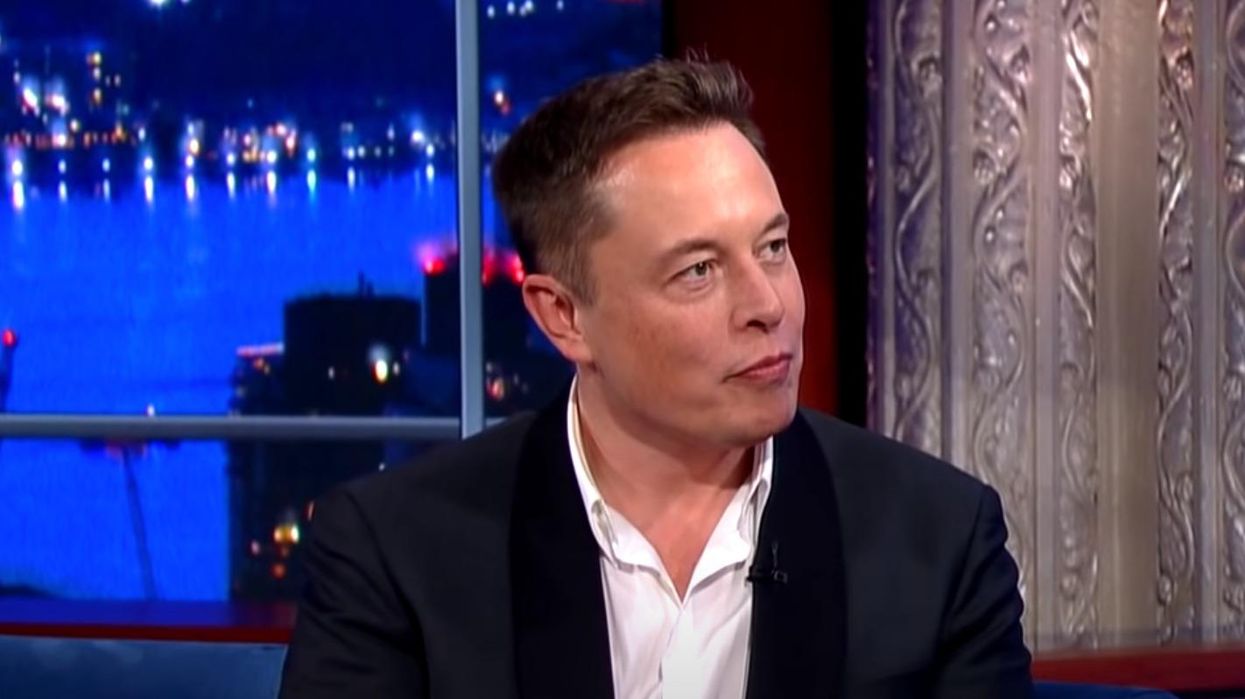Elon Musk's Ongoing Twitter Tantrum Targets National Public Radio
We don't know why tantruming billionaire child Elon Musk is engaged in a one-sided war against NPR, but he doesn't show signs of stopping.
Last week Musk's Twitter slapped a "state-affiliated media" label on NPR's Twitter account, despite NPR not being a candidate for such a label according to Twitter's own definition of the term, and despite Twitter's own Help Center specifically singling out NPR as an example of a corporation that wouldn't meet the definition. NPR is not "state-affiliated."
Somebody inside the now-skeletal company got embarrassed when news pieces about their move pointed that out, after which Twitter deleted the use of NPR as its Help Center example rather than admitting they weren't following their own rules. NPR itself expressed outrage that Elon was falsely lumping it in with the foreign state-sponsored propaganda outlets that the Twitter label is meant to warn users about and announced that they'd no longer be posting on Elon's site until the label was removed.
Faced with perhaps more public mockery than he expected, now Musk has flinched again. He's still lying his ass off, though. Now Musk's engineers have changed NPR's designation to read "Government Funded Media," which is ... still not accurately correct. And now Musk is claiming that he'll be applying it to more media outlets than just NPR, though apparently he hasn't worked it out enough to figure out how not to be wrong about it.
The catch here remains the same: NPR is not "state-affiliated." It's also not "government funded." NPR is a nonprofit corporation that gets somewhere around 1% of its funding from government grants and relies on donations, grants, and station dues for the rest. As Republican politicians have groused repeatedly over the years, the federal government has no ability to dictate NPR's news coverage.
What Musk here is attempting to do is to find a designation he can tar insufficiently friendly media outlets with as a way of discrediting them when they (repeatedly) report on his pandemic misinformation, his business flubs, or his fawning over internet white nationalists. Since Musk is a habitual liar in the best of times we can expect he's going to go through a few more iterations of these labels before he settles on one that the lawyers think they can defend. Perhaps he'll settle for a "Was Once Mean To Elon" label for his fanboys and then call this done?
The other catch here, though, is that Elon Internet Whiner Musk is the poster child of "government funded." Neither Tesla nor SpaceX would even exist right now if it were not for Musk sucking up government funds by the billions; his companies had guzzled nearly $5 billion in government money as of 2015, and both companies were saved from bankruptcy directly because of government credits or government contracts.
If there's anyone else in the world whose wealth is more tied to getting government cash than Elon's is, that person isn't coming to mind.
For Musk, though, this isn't about accuracy. It's never about accuracy. Elon Musk is mad at NPR for NPR's coverage of his own antics, and Musk purchased Twitter specifically so he would have the tools to get back at journalists and media outlets who he's felt disrespected by. He's a big whining baby and he's going to keep having this tantrum until he tires himself out and his handlers put him down for a nap.
Reprinted with permission from Daily Kos.




